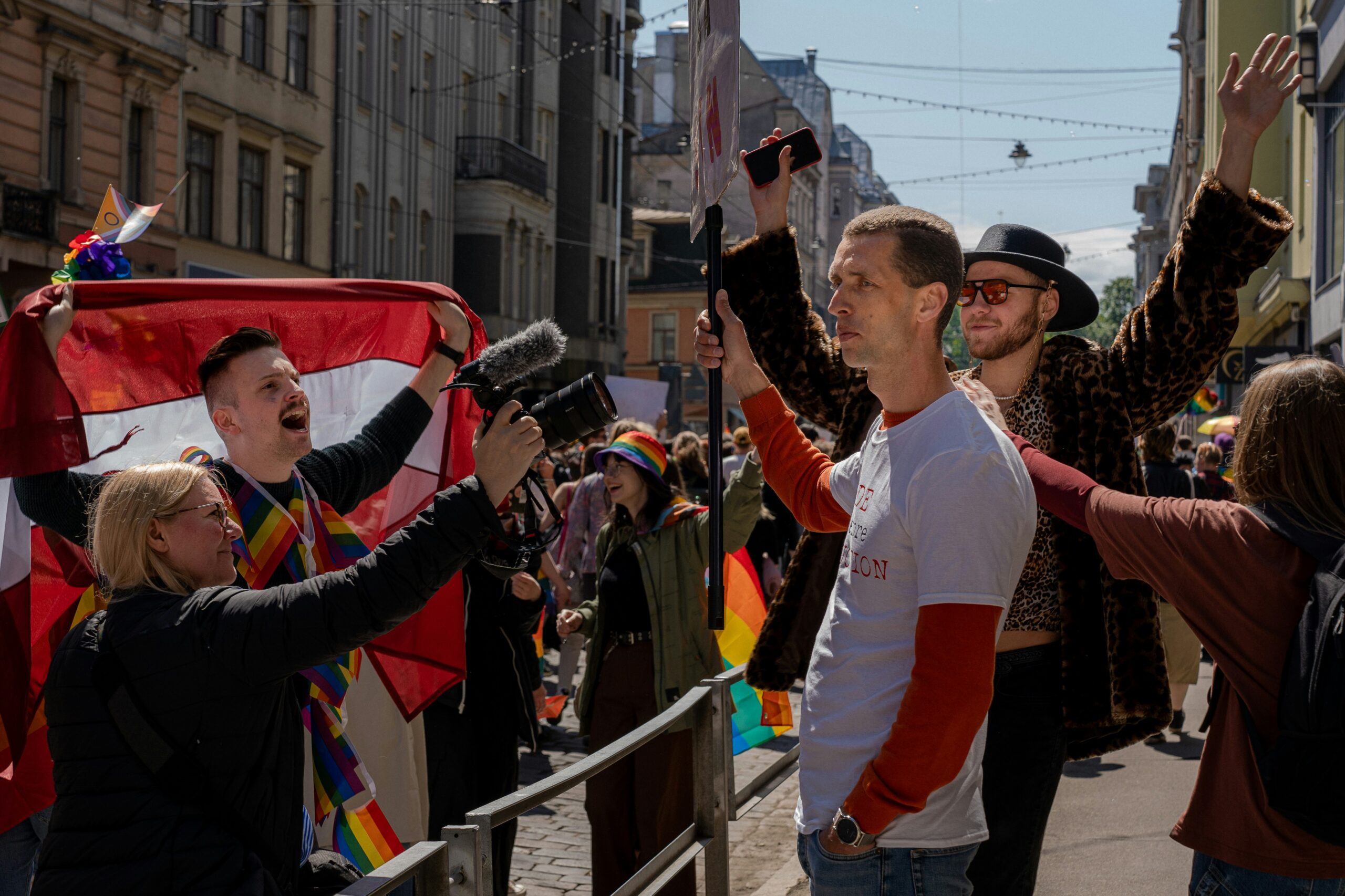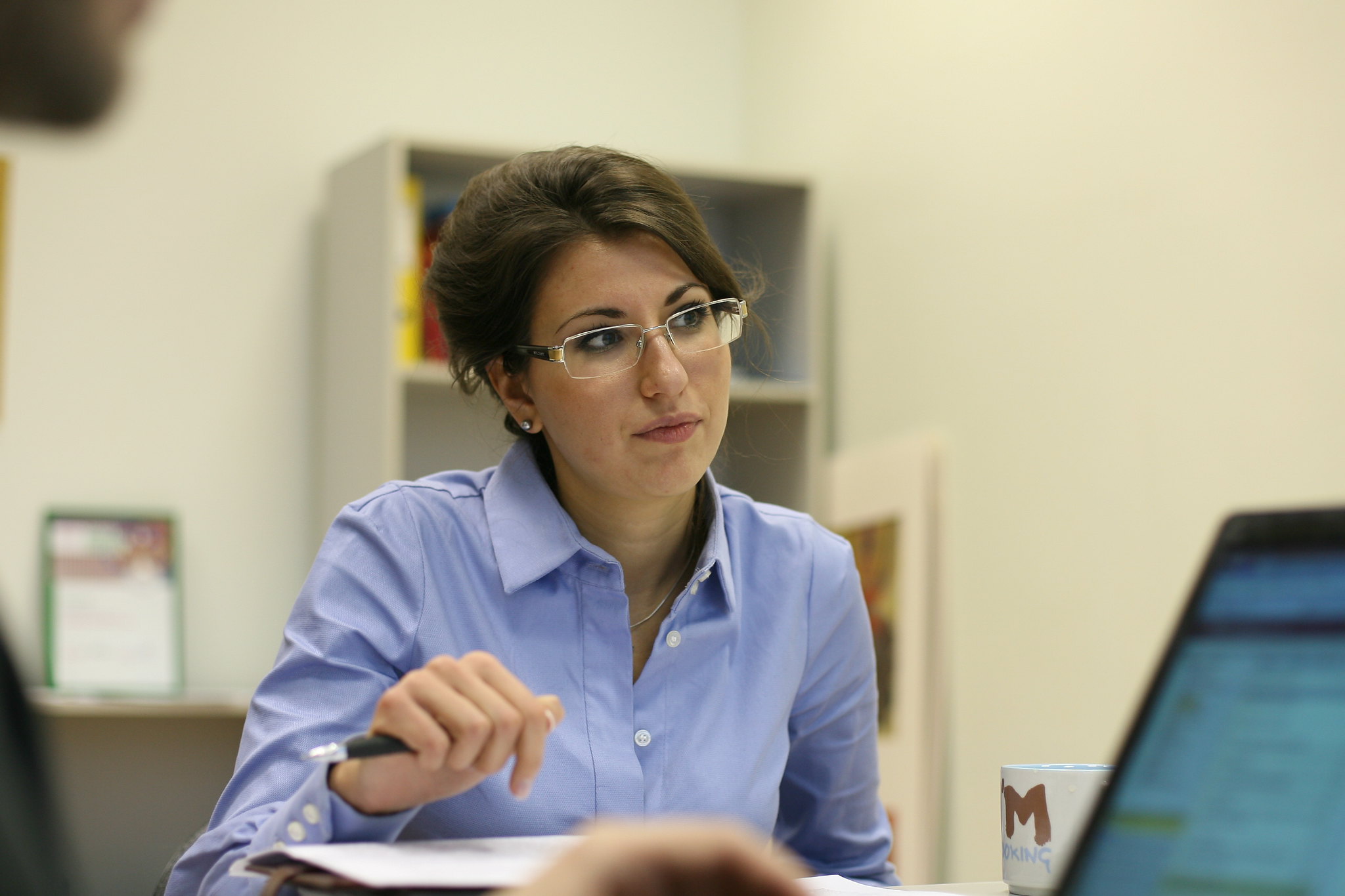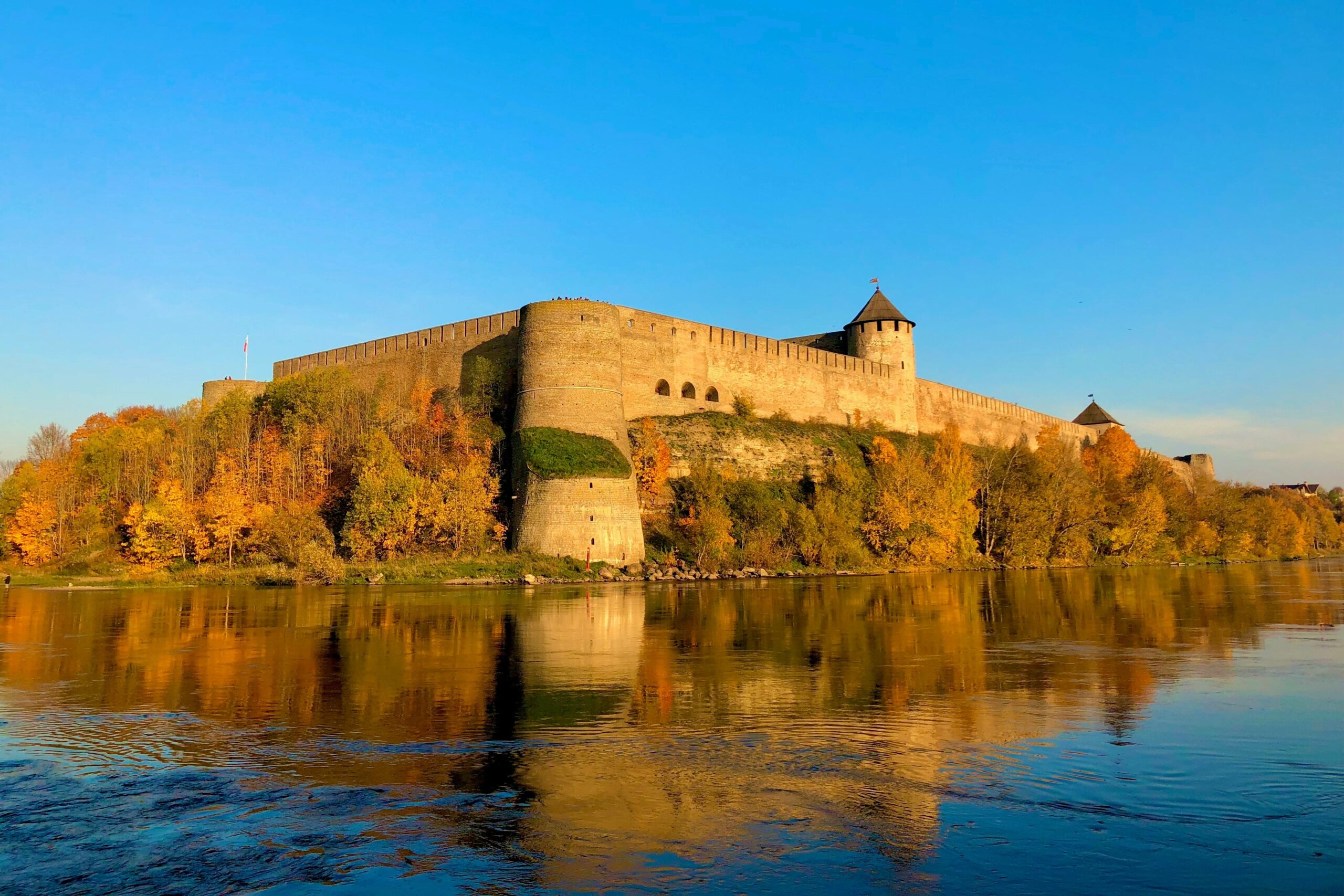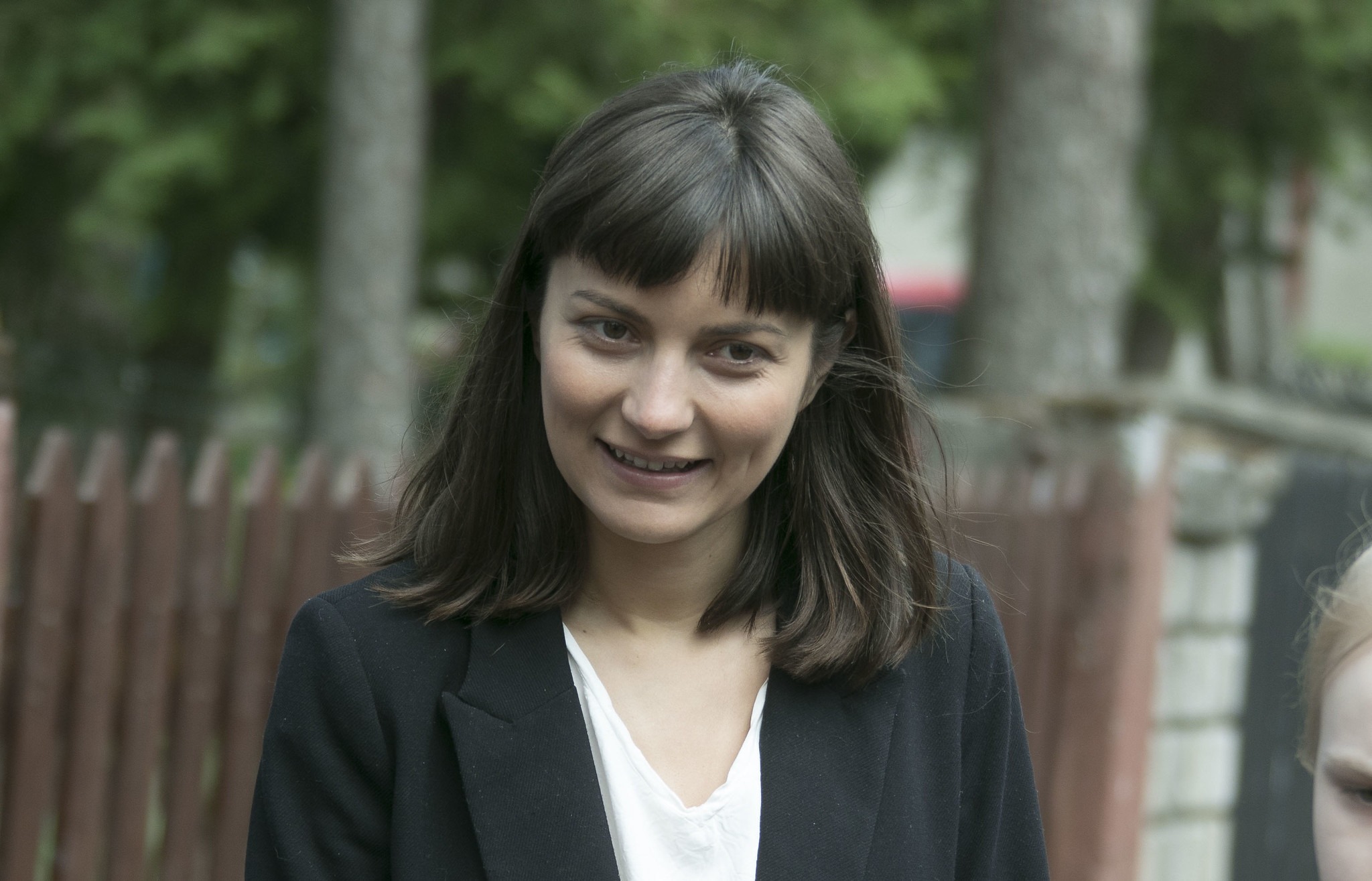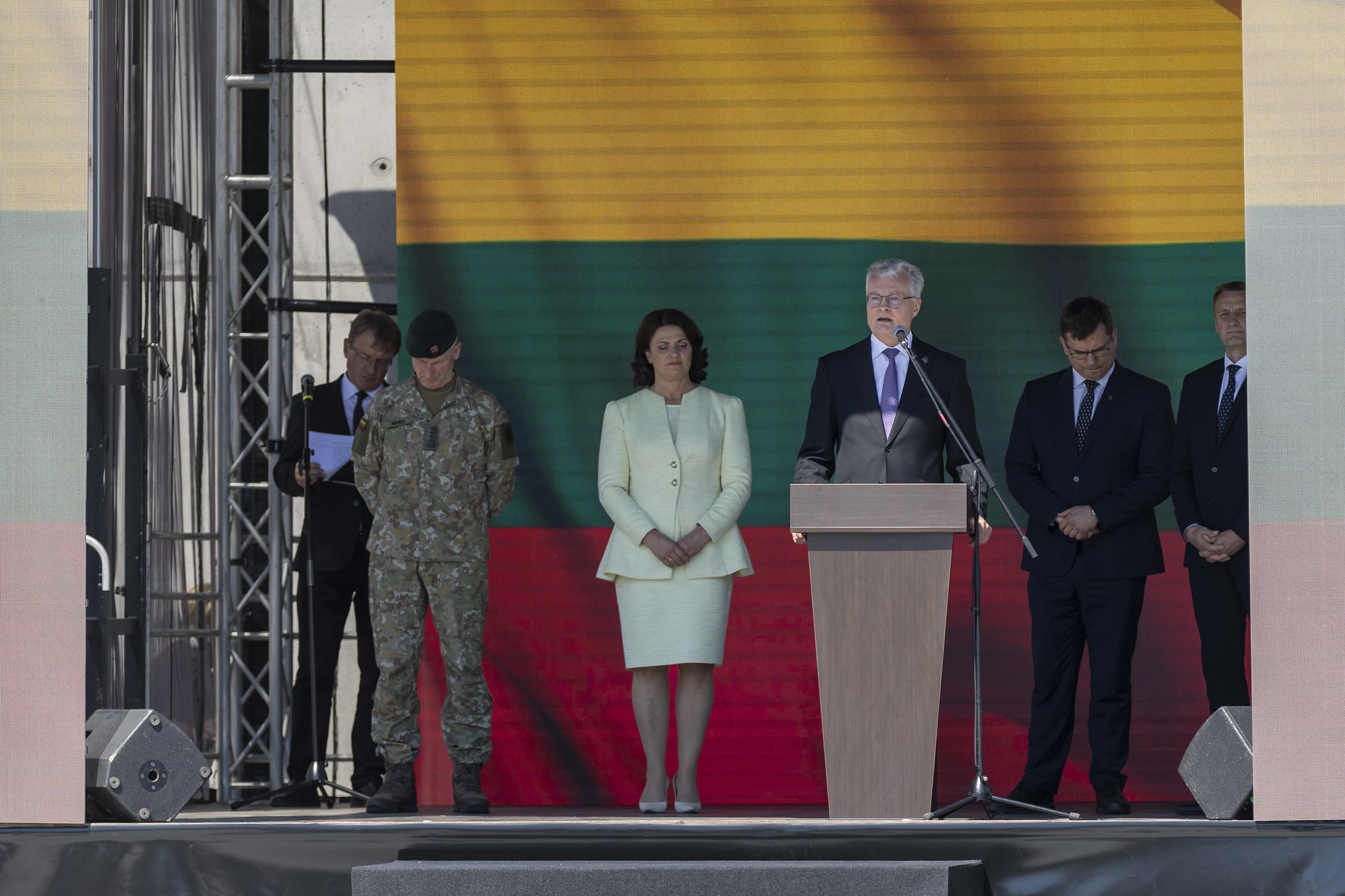
Key Insights:
Social media in Lithuania was abuzz with various trending topics in May, according to the social listening platform Awario. The following stories captured the most attention:
- Both rounds of the presidential elections in Lithuania;
- Israel launching an attack on the southern part of the Gaza Strip;
- the assassination attempt on Slovak Prime Minister Robert Fico and the success of his subsequent surgery;
- Russia’s ongoing war in Ukraine and Ukraine’s efforts to convince US President Joe Biden’s administration to lift the ban on the use of US weapons for strikes on Russian territory;
- the failure of the second referendum on dual citizenship;
- the Georgian parliament passing the “foreign agents” law;
- the updated death toll provided by the Hamas-run Gaza Health Ministry;
- the recent decision by the Central Electoral Commission of the Republic of Lithuania (VRK) to strip Remigijus Žemaitaitis of his mandate;
- French President Emmanuel Macron’s statements that he is ready to take a radical step, referring to the use of French nuclear warheads to save Europe from Russia;
- the Eurovision Song Contest taking place in Sweden and Lithuania’s representative, Silvester Belt;
- the upcoming 2024 European Parliament elections in Lithuania.
- Media listening tools showed that stories involving local politicians and government activities gathered the most audience engagement when specifically analysing Kremlin-aligned media outlets. Pro-Kremlin outlets widely discussed the tensions between two of the candidates for the presidential post – Ignas Vėgėlė and Eduardas Vaitkus – noting how each of them blames the other one for allegedly spreading slander about him. These outlets also generally complained about the current government of Lithuania, claiming that the “situation in the country is critical, the president’s work is pathetic, chaos in the Seimas is taking over, and the government is terrible”. Outlets also concluded the “disappointing” results of the presidential elections, as both candidates who were in the second round of the elections were current government members. A strong emphasis was also held on Ukraine: among the articles, the most recurrent themes and narratives included statements that Ukrainians are “fleeing en masse from their country’s authorities, yet being caught and brought back”, “democratic European countries are catching Ukrainians and dragging them to death in the battlefield”, and financial support for Ukraine is inefficient and “will not help the country to get its lost territories back”.
- During this reporting month, two of the most prominent independent media outlets in Lithuania – LRT and 15min – issued articles broadly covering disinformation, emphasising its importance and potential threat, and encouraging citizens to be especially careful when consuming information. The authors of the LRT article focused on the visibly increased intensity of disinformation spread during the election period. They noted that not only has disinformation on the internet increased, but it has also become more difficult for citizens to recognise it, primarily due to the development of artificial intelligence (AI) tools. The expert also pointed out that there have already been cases where presidential candidates were targeted by the propaganda media of states unfriendly to Lithuania. Meanwhile, 15min journalists outlined that the European Commission’s representative office in Lithuania implemented the project “Disinformation’s legs are short, but its footprints are deep”, which aimed to draw public attention to the importance of distinguishing between fake news and facts in today’s communication flow. Wide coverage of disinformation and the ways to fight it reveals the understanding of its potential in the country, as well as aiming to increase citizens’ resilience to it.
Overview of findings:
- A similar number, total of 666 articles, compared to 681 articles throughout May, were scrutinised from four Kremlin-aligned media outlets still actively operating in Lithuania.
- A well-known participant in anti-government protests, Antanas Kandrotas, publicly known under the nickname Celofanas (Cellophane), further kept his followers entertained on his page “Celofanas LIVE”. Even 51 posts appeared throughout May on this page, as hardly any of other personal page maintains such activity. It is also worth reminding that Celofanas is imprisoned at the moment, and his page still manages to remain this active.
- The most engaged Facebook post on this page during the reporting month included a caricature called “democratic price of the freedom” (see screenshot on the right). It pictured a conversation with a crow, asking why the parrot is in a cage, with the parrot responding, “Because I speak”. It gathered 2k engagements and lots of supportive comments for Kandrotas, as his followers saw him as that parrot, “imprisoned for speaking out the truth.”
- Another heavily engaged post on the same page included a livestream video featuring the imprisoned Kandrotas himself (see snapshot on the left). In the video, he was accusing and complaining about the whole legislative system in Lithuania and criticising the Presidential elections, claiming that nothing will change if Nausėda, the incumbent President, win. The video held strong anti-government sentiments that his followers heavily supported in the comment section. Many comments included harsh statements targeting the conservatives party or claims that the elections were rigged.
- Data from the Awario media monitoring tool revealed that the topic of Russia’s war against Ukraine, even though it remains a heavily engaged topic, its popularity has been overtaken by the Presidential elections taking place in the country. Different media pieces mentioning the topic of war included 5.5K mentions (see daily distribution below). A heightened atmosphere creates fertile ground for malicious actors to spread manipulative messages and exacerbate existing tensions. Particularly, it correlates well with the context of the Presidential and upcoming European Parliament elections, as some candidates use the topic of war to spread their officially pacifistic ideas, hiding the intentions to negotiate or befriend Russia.
Story of the month: First round of the presidential elections
On 19th May, the Central Electoral Commission (VRK) officially confirmed the results of the first round of the 2024 Lithuanian presidential election. With voter turnout at 59.95%, the incumbent President Gitanas Nausėda and the current Prime Minister Ingrida Šimonytė have progressed to the runoff vote that has taken place on 26th May. Nausėda won re-election, defeating Šimonytė in a second-round landslide with 76% of the vote – the largest margin of victory for any presidential candidate in the history of Lithuania. Not surprisingly, the topic of elections was the most prominent during the reporting month, covered by different kinds of media, including Kremlin-aligned sources. As the second round of the elections was easily predicted, more interesting media pieces appeared after the first one.
Lawyer Ignas Vėgėlė, who was one of the main candidates but was usually presented by independent media as the populist candidate, finished in third place and will not proceed to the second round. Kremlin-sympathetic outlet Respublika.lt talked with him after the elections, issuing an article with the headline: “I gave everything I had, but the miracle did not happen”. It became one of the most engaged Facebook posts shared by the official Facebook page of Respublika.lt (see screenshot on the right). Even though the “anti-system” candidate did not make it to the second round, as experts had previously feared, the public reaction to the results still revealed huge dissatisfaction.
The most engaged comments on this post included those blaming the “mafia” for keeping the current ruling politicians in power and promises to “skip the second round of the elections and discourage others from voting” as there are “no genuine and worthy candidates left”. Commenters also called the elections a “spectacle of alleged democracy”, where everything was “decided beforehand”. Hundreds of social media users expressed their support and thanked Vėgėlė for trying to “make a change” and for “genuinely caring about us [Lithuanian citizens]”.
Examples of the most engaged comments and the reactions they’ve received
Another widely discussed topic after the first round of voting was the relatively large support expressed for Eduardas Vaitkus, who won over 100,000 votes and even won in the districts of Visaginas and Šalčininkai (where most residents are ethnic minorities). It is important to note that Šalčininkai himself claimed that he used advertising in Russian during his campaign in these regions. Kremlin-aligned media quickly covered the votes gathered, claiming that: “The government is terrified! Vaitkus’ ideas are supported by over 100,000 voters!” (see screenshot below).
Winning over 100,000 votes was a surprise because Vaitkus has been constantly associated with pro-Kremlin activities. He publicly called Putin “an experienced politician who does what the head of a country has to do”. Well-known journalist Andrius Tapinas even refused to invite him to the debates organised by Laisvės TV, firmly and publicly asserting that “presidential candidate Eduard Vaitkaus is not in the debates for a simple reason – because he is a politician who supports the Kremlin’s policy”. This post of Tapinas became one of the most engaged Facebook posts throughout the month (see screenshot on the right)
One picture of Vaitkus from the presidential debates (see on the left), where he stands with the back turned to all the other candidates, was not only praised by his supporters, who claimed that “a wolf doesn’t have to talk with the sheep”, but also become a meme that circulated for a few days in different contexts (see examples below)
The headline on the left: “When approximately 100,000 citizens of Lithuania with the right to vote actually vote for you”; On the right: “You can finally relax with your mates after the election. After the burden is gone, summer begins”
Disinformation experts outlined that the support Vaitkus managed to attract sends a signal to the Kremlin. They pointed out that the Kremlin’s narratives still resonate with a part of Lithuanian society, and Vaitkus used the democratic rules to spread them and reach a wider audience. Rather than panicking, experts say it is better to know about the situation and which sections of society and regions are more vulnerable to disinformation and require closer attention.



